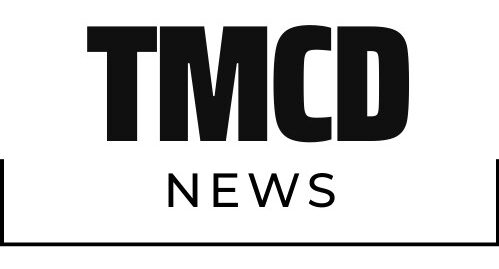Mastering the Art of SEO Technology: A Comprehensive Guide
tmcd.ca >> SEO>>SEO Technology>> Mastering the Art of SEO Technology: A Comprehensive Guide
Mastering the Art of SEO Technology: A Comprehensive Guide
In the digital age, search engine optimization (SEO) has become an integral part of any successful online marketing strategy. With billions of websites competing for attention on the internet, mastering the art of SEO technology is essential to ensure that your website stands out and ranks high in search engine results. This comprehensive guide will delve into the key aspects of SEO technology, equipping you with the knowledge and tools necessary to optimize your website effectively.
Understanding SEO Technology
To begin our journey toward mastering SEO technology, it’s crucial to grasp the fundamentals. SEO refers to a set of techniques and strategies designed to improve a website’s visibility and organic search rankings. It involves various aspects, including keyword research, on-page optimization, technical SEO, link building, and user experience. SEO technology encompasses the tools, software, and platforms that assist in analyzing, optimizing, and monitoring a website’s performance.
Keyword Research and On-Page Optimization
Keyword research forms the foundation of SEO. By identifying relevant and high-volume search terms, you can optimize your website’s content accordingly. Utilize keyword research tools like Google Keyword Planner, SEMrush, or Moz to discover valuable keywords that align with your target audience’s search intent.
Once you’ve identified your target keywords, it’s crucial to optimize your website’s pages effectively. On-page optimization involves integrating keywords naturally into your content, optimizing title tags, meta descriptions, headers, and URLs. Focus on providing high-quality, informative, and engaging content that satisfies user intent while incorporating relevant keywords strategically.
Technical SEO and Website Structure
Technical SEO focuses on optimizing the technical aspects of your website to enhance its visibility and crawlability by search engines. This includes improving website speed, mobile-friendliness, site architecture, XML sitemaps, canonicalization, and ensuring proper indexing. Tools such as Google Search Console and Screaming Frog can assist in identifying and resolving technical issues that may impact your site’s performance.
Additionally, a well-structured website is essential for both search engines and users. Ensure clear navigation, logical URL structure, and user-friendly design to enhance the overall user experience. Organizing your content into categories and using internal linking effectively can also improve your site’s SEO performance.
Link Building and Off-Page Optimization
Link building plays a crucial role in SEO, as search engines consider high-quality backlinks as votes of confidence for your website. Building a strong backlink profile involves acquiring links from reputable and relevant websites within your industry. This can be achieved through content creation, guest blogging, influencer outreach, and partnerships.
Off-page optimization also includes other factors that influence your website’s authority and reputation, such as social media engagement, online reviews, and brand mentions. By actively monitoring and managing your online presence, you can enhance your website’s visibility and credibility.
Monitoring, Analytics, and Continuous Improvement
Monitoring and analyzing your website’s performance is essential for effective SEO. Utilize tools like Google Analytics, Google Search Console, and third-party SEO software to track important metrics such as organic traffic, rankings, click-through rates, and conversion rates. This data will provide valuable insights into your SEO efforts and help you identify areas for improvement.
SEO is an ongoing process, and continuous optimization is key to staying ahead of the competition. Regularly review your SEO strategy, adapt to algorithm changes, and stay up to date with industry trends. Consistency, patience, and a commitment to learning are crucial when it comes to mastering the art of SEO technology.
Mastering SEO technology is an essential endeavor for any website owner or digital marketer. By understanding the various aspects of SEO, conducting thorough keyword research, implementing on-page and technical optimization, building a strong backlink profile, and continuously monitoring and improving your SEO efforts, you can position your website for success in search engine rankings.
Remember, SEO is not a one-time task but an ongoing process that requires dedication and adaptability. Keep abreast of the latest SEO trends and algorithm updates to ensure your strategies remain effective in the ever-evolving digital landscape.
By mastering the art of SEO technology, you can drive organic traffic, increase brand visibility, and ultimately achieve your online marketing goals. Start implementing the techniques discussed in this comprehensive guide, and watch as your website climbs the ranks of search engine results, attracting more qualified visitors and generating valuable leads.
